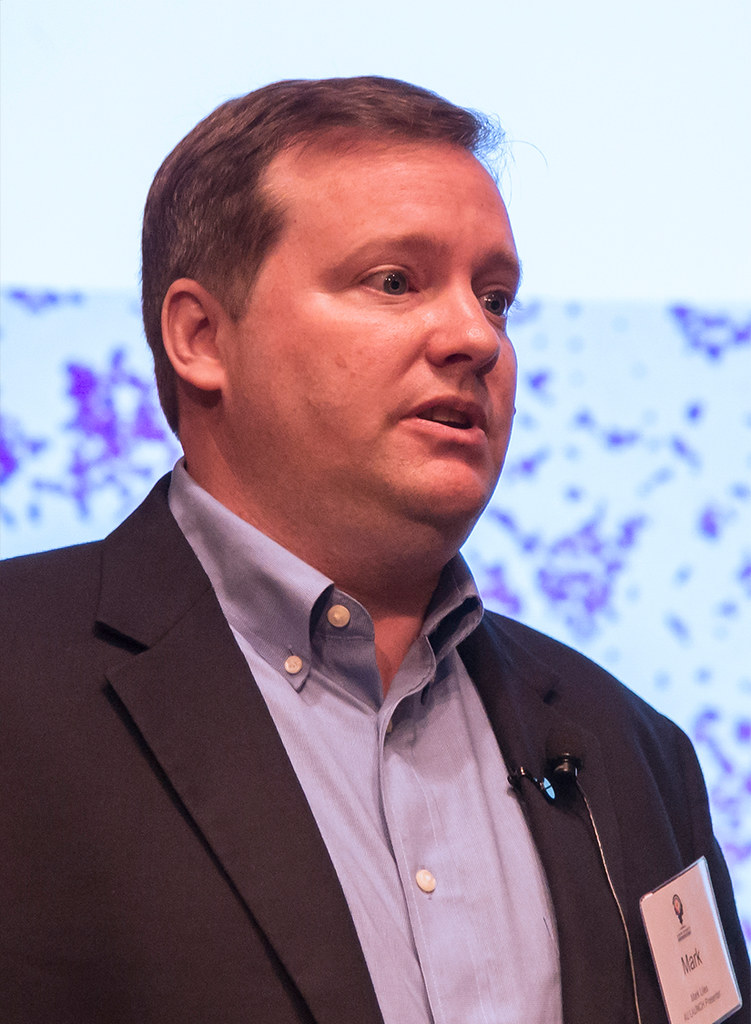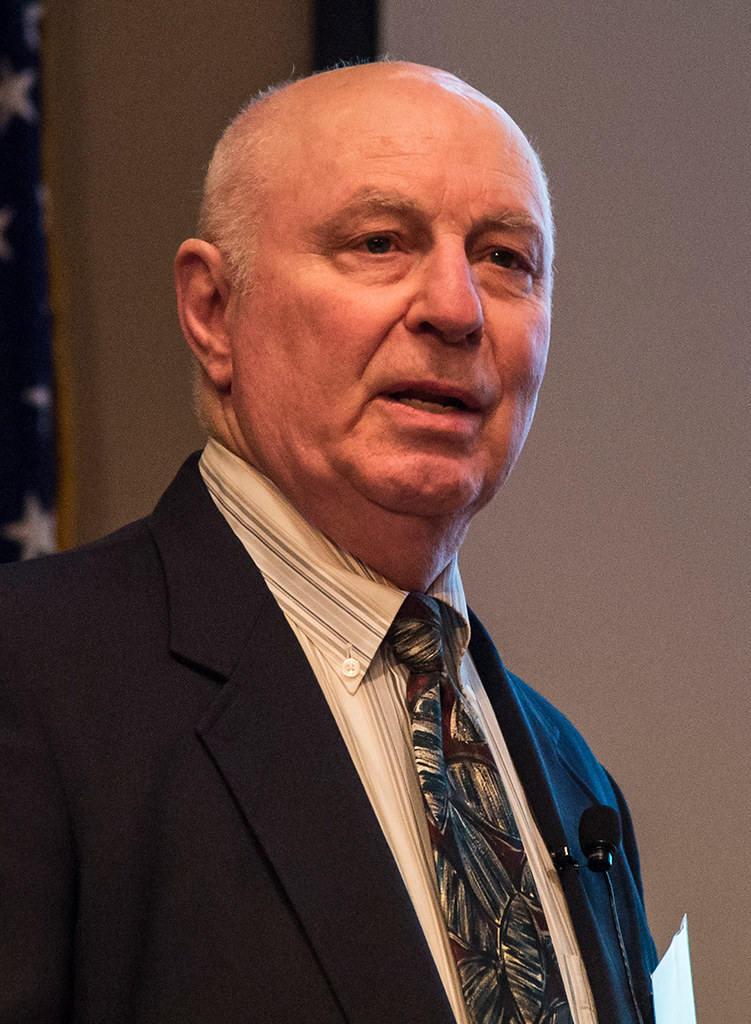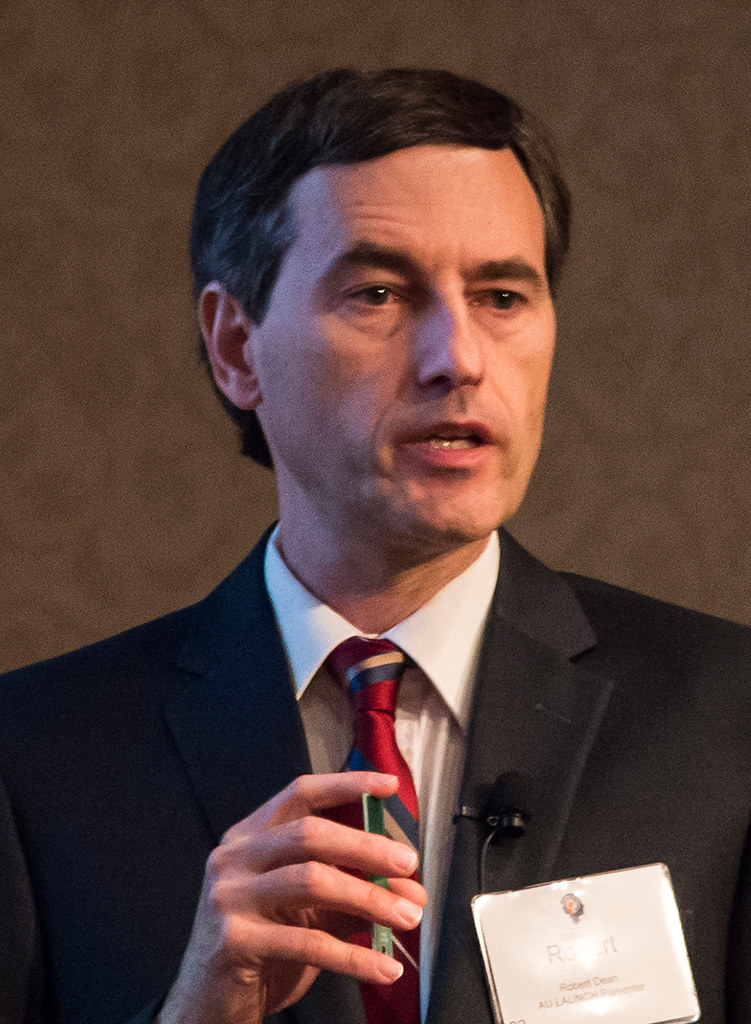LAUNCH awards help Auburn faculty move research into the marketplace
Article body
Experts at Auburn University are working together to transform their best ideas into products and services that impact the economy of the state and region. Auburn's Office of the Vice President for Research and Economic Development recently recognized three faculty members' efforts by awarding them funding from LAUNCH: The Fund for Research and Innovation at Auburn University.
The recipients are Mark Liles, associate professor in the Department of Biological Sciences, David Worley, professor emeritus from the Department of Chemistry and Biochemistry, and Robert Dean, assistant professor in the Department of Electrical and Computer Engineering. Each will receive a cash stipend toward the commercialization of his research.
LAUNCH is an endowed fund and associated programming conceived by the Auburn University Research Advisory Board as a mechanism to bridge the gap between innovative research and the marketplace. With the support of Vice President for Research and Economic Development John Mason, the fund was created in spring 2015. The goal is to establish an endowment of $10 million that will generate approximately $400,000 annually for research project grants. Until the endowment is fully funded, the Office of the Vice President for Research and Economic Development will provide the resources necessary to make the awards.
"We believe that LAUNCH is absolutely crucial for moving research into the marketplace and for developing our regional economy to its full potential," Mason said. "That's why we're supporting LAUNCH grants through our office until the endowment is fully funded."
The awards process began in the spring when faculty interested in commercializing university research submitted proposals to a LAUNCH evaluation panel, which narrowed the submissions down to five. Those finalists made presentations to the panel at The Hotel at Auburn University and Dixon Conference Center on April 22 as part of Auburn's Entrepreneurship Summit.
"Auburn researchers like these have both the will and the talent to provide real solutions for the challenges in today's market," Mason said. "Activities like LAUNCH, which fosters these experts, reflect Auburn's land-grant tradition and the university's commitment to fuel economic growth with science-based innovation."
Liles has developed new, improved probiotic strains that can inhibit the growth of methicillin-resistant Staphylococcus aureus, or MRSA, which can cause potentially deadly infections in humans and is also a problem in livestock. Together with Peter Panizzi, assistant professor in Auburn's Harrison School of Pharmacy, he will be evaluating efficacy of these probiotics in a mouse model of disease. The future applications of this technology are in preventing and treating bovine mastitis, which is a significant problem for the U.S. dairy industry, and in preventing skin infections in humans.
"The research funded by LAUNCH has already resulted in the identification of probiotic variants that produce more of the antibiotic that kills MRSA," Liles said. "Later in this project, we will identify the mode of action for this antibiotic that will facilitate FDA regulatory approval. Together with corporate partners, our plan is to conduct the safety and efficacy studies that will be needed for this approval and for commercial development."
Worley's project involves the production of antimicrobial wound dressings with the hope of reducing the occurrence of dangerous infections and enhancing wound healing. "The LAUNCH funds will be used to demonstrate the capabilities of the new antimicrobial wound dressings so as to enhance opportunities of licensing the technology to companies producing wound dressings," Worley said. "The new wound dressings will be less expensive and more effective than those currently being marketed."
Dean, working with colleagues in the College of Agriculture, has developed a moisture sensor for large hay bales with an eye toward preventing the combustion that happens when material at the center of the bales begins to break down and simultaneously heat up.
As LAUNCH award recipients, these researchers will now have the opportunity to meet with experts in entrepreneurship from Auburn's Raymond J. Harbert College of Business and with the members of the Innovation Advancement and Commercialization Office to develop the plans and assemble the resources necessary to translate scientific achievement into commercial success. Teams of MBA students will be assigned to the projects to carry out market research, providing opportunities for real-world learning experience.
Researchers may also be partnered with Auburn alumni and friends with extensive experience in industries related to the projects.
Related Media
Media interested in this story can contact Communications Director Preston Sparks at (334) 844-9999 or preston.sparks@auburn.edu.
Auburn University is a nationally ranked land grant institution recognized for its commitment to world-class scholarship, interdisciplinary research with an elite, top-tier Carnegie R1 classification, life-changing outreach with Carnegie’s Community Engagement designation and an undergraduate education experience second to none. Auburn is home to more than 30,000 students, and its faculty and research partners collaborate to develop and deliver meaningful scholarship, science and technology-based advancements that meet pressing regional, national and global needs. Auburn’s commitment to active student engagement, professional success and public/private partnership drives a growing reputation for outreach and extension that delivers broad economic, health and societal impact.







